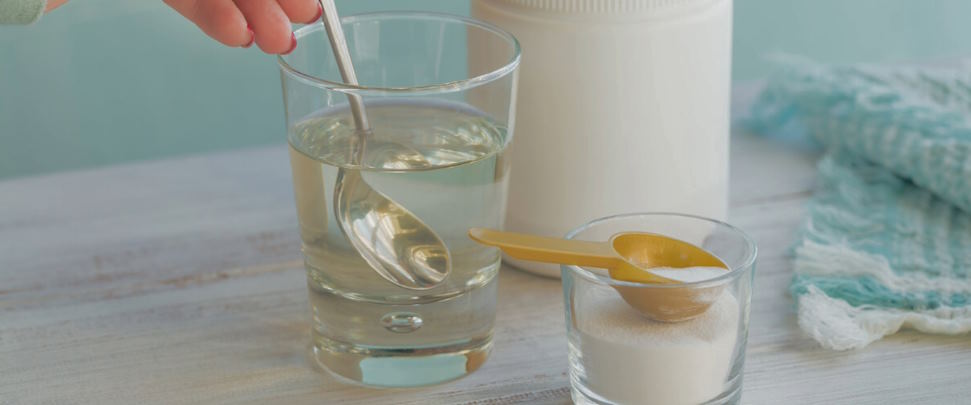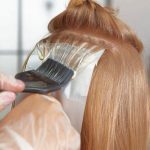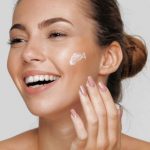How Does Collagen Impact Our Appearance?
- Published in: Satisfying Beauty Treatments
- Permalink

Being the most widespread protein in our bodies, collagen is not merely a structural support for our skin but a guardian of its elasticity and resilience.
In what way does collagen improve our attractiveness?
It acts as the scaffolding that supports our skin’s structure. It provides a foundation of firmness, contributing to the smooth and supple texture associated with youthful skin.
Besides, the elasticity of our skin, allowing it to bounce back after stretching, is indebted to collagen. As collagen levels decline with age, the skin may lose its resilience, forming fine lines and wrinkles. Collagen plays a crucial role in resisting the formation of wrinkles. Its ample presence creates a plump and smooth appearance, acting as a natural defense against the visible signs of aging.
In addition, a well-hydrated complexion owes much to collagen. It helps the skin retain moisture, creating a dewy and youthful glow. Reduced collagen levels may result in dryness and a lackluster complexion.
Beyond the skin, collagen influences the health of our hair and nails. Collagen supplements may promote stronger hair and nails, offering a holistic approach to beauty.

What factors affect collagen production?
The synthesis of collagen, a fundamental protein governing skin elasticity, is intricately influenced by lifestyle choices, UV rays exposure, and nutritional habits.
The impact of our daily decisions, such as smoking or engaging in regular exercise, extends beyond immediate aesthetics, either accelerating collagen degradation or stimulating its synthesis. Besides, prolonged exposure to UV rays poses a significant threat, hastening collagen breakdown and emphasizing the importance of sun protection. Nutrition also plays a pivotal role, with a deficiency in essential nutrients hindering collagen production. Conversely, a balanced diet rich in fruits, vegetables, and proteins becomes the cornerstone for robust collagen health.
Beyond lifestyle, stress-induced cortisol release, environmental toxins, and hormonal fluctuations also contribute to collagen dynamics.
Understanding these multifaceted influences empowers individuals to make informed choices, nurture collagen health, and embrace a holistic approach to skin resilience and overall well-being.
How can I solve the problem of low collagen levels?
To address low collagen levels, consider lifestyle modifications and dietary changes. Adopt a balanced diet rich in vitamin C, amino acids, and antioxidants to support collagen synthesis. Avoid excessive sun exposure, quit smoking, and manage stress through relaxation techniques.
Moreover, collagen supplements and skincare items could prove advantageous. Seek guidance from a healthcare professional to receive personalized advice that suits your specific requirements.












